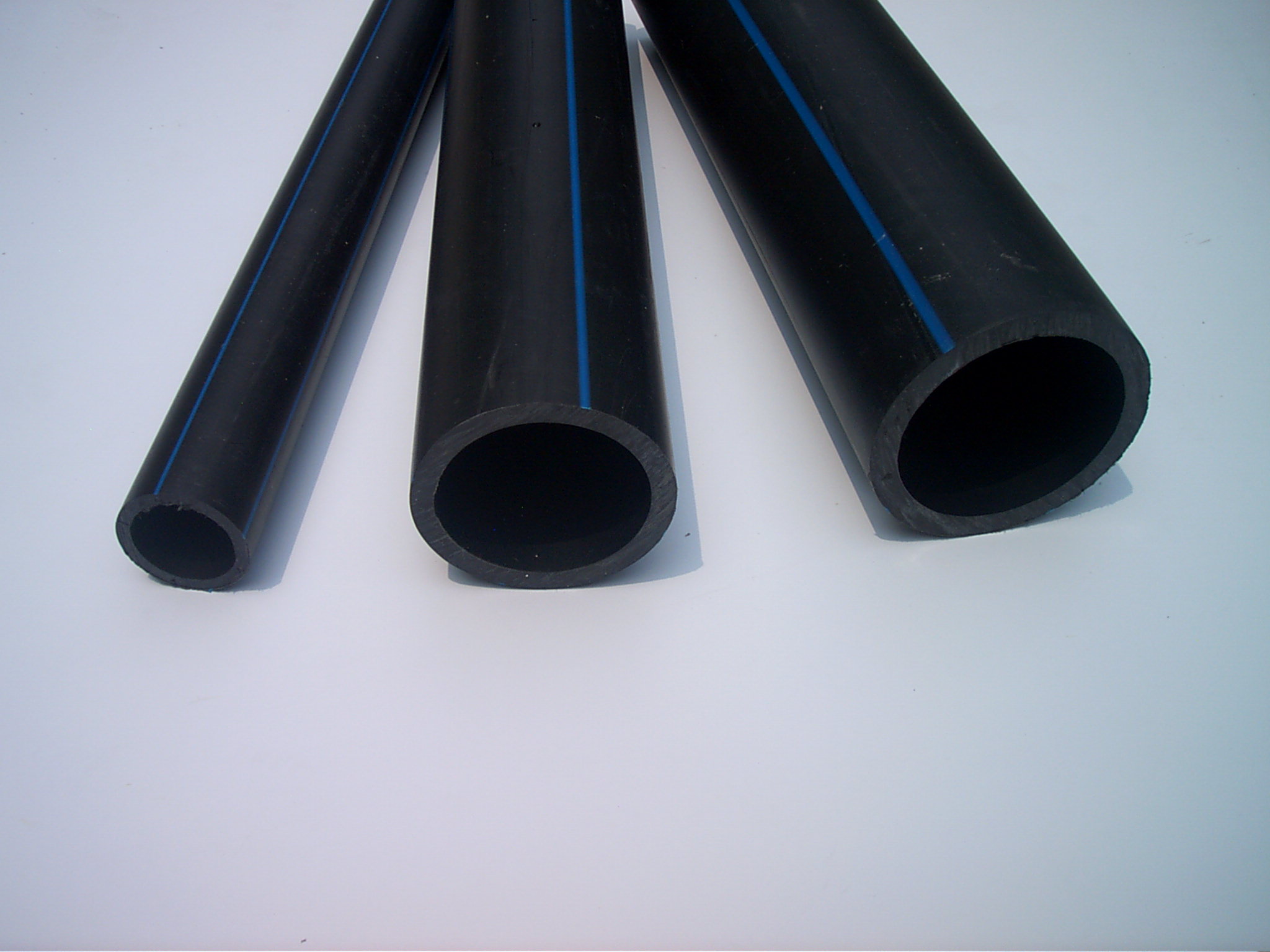Oct . 31, 2024 21:22 Back to list
High Quality Solid PVC Pipe for Durable Plumbing Solutions
The Versatility and Applications of Solid PVC Pipe
Solid PVC (Polyvinyl Chloride) pipe has become an indispensable material in various industries and applications due to its durability, versatility, and cost-effectiveness. This synthetic plastic polymer, commonly referred to as PVC, is widely used in the construction, plumbing, and drainage sectors, thanks to its robust physical characteristics and resistance to corrosion.
One of the most significant advantages of solid PVC pipe is its resistance to chemicals and moisture. Unlike traditional materials such as metal or wood, PVC does not corrode or rot, making it an ideal choice for both indoor and outdoor applications. This property extends the lifespan of the pipes, reducing the need for frequent replacements and repairs. As a result, solid PVC pipes are often the preferred option for plumbing systems, irrigation, and water management solutions.
The Versatility and Applications of Solid PVC Pipe
The versatility of solid PVC pipes extends beyond plumbing and drainage. They are extensively used in electrical applications as conduits for wiring, providing protection against environmental factors. This is particularly crucial in industrial settings where electrical safety is paramount. The non-conductive nature of PVC also makes it an excellent choice for electrical insulation, further broadening its application scope.
solid pvc pipe

Another notable application of solid PVC pipes is in the construction of residential and commercial structures. They serve as an efficient means of transportation for water, gas, and sewage systems. Additionally, their durability makes them suitable for use in demanding environments, such as agricultural settings where they are used for irrigation systems. By delivering water efficiently, solid PVC pipes contribute significantly to agricultural productivity.
Environmental concerns also play a role in the popularity of solid PVC pipes. PVC is fully recyclable, which means that after its lifespan, the material can be repurposed to create new products. This recycling process helps in reducing plastic waste and promoting sustainability in the construction industry. Furthermore, the energy consumption during the manufacturing phase of PVC is relatively low compared to other materials, making it a more environmentally friendly choice.
The variety of sizes and specifications available in solid PVC pipes caters to different needs, from residential plumbing to large-scale industrial applications. These pipes are available in different diameters, thicknesses, and pressure ratings, allowing engineers and builders to select the most appropriate options for their specific requirements.
In conclusion, solid PVC pipes are a testament to modern engineering and material science, offering numerous advantages that align with the needs of today’s construction, plumbing, and agricultural industries. They combine durability, ease of installation, and environmental sustainability, making them a preferred choice for a wide array of applications. As industries continue to evolve, solid PVC pipes will undoubtedly remain a key player, providing reliable solutions while contributing to sustainable practices.
-
High-Quality PPR Pipes and Fittings Durable ERA PPR & PVC PPR Solutions
NewsJul.08,2025
-
Black HDPE Cutting Board - Durable, Non-Porous & Food Safe HDPE Plastic Cutting Board
NewsJul.08,2025
-
High-Quality CPVC Panel Durable HDPE & PVC Panels Supplier
NewsJul.08,2025
-
Double PE Welding Rod Supplier - High Strength, Durable & Versatile Welding Solutions
NewsJul.07,2025
-
High-Quality PVC-O Pipe Supplier Durable 75mm PVC Pipe & Connections Leading PVC Pipe Company
NewsJul.07,2025
-
HDPE Drainage Pipe Supplier – Durable & Corrosion-Resistant Solutions
NewsJul.06,2025

